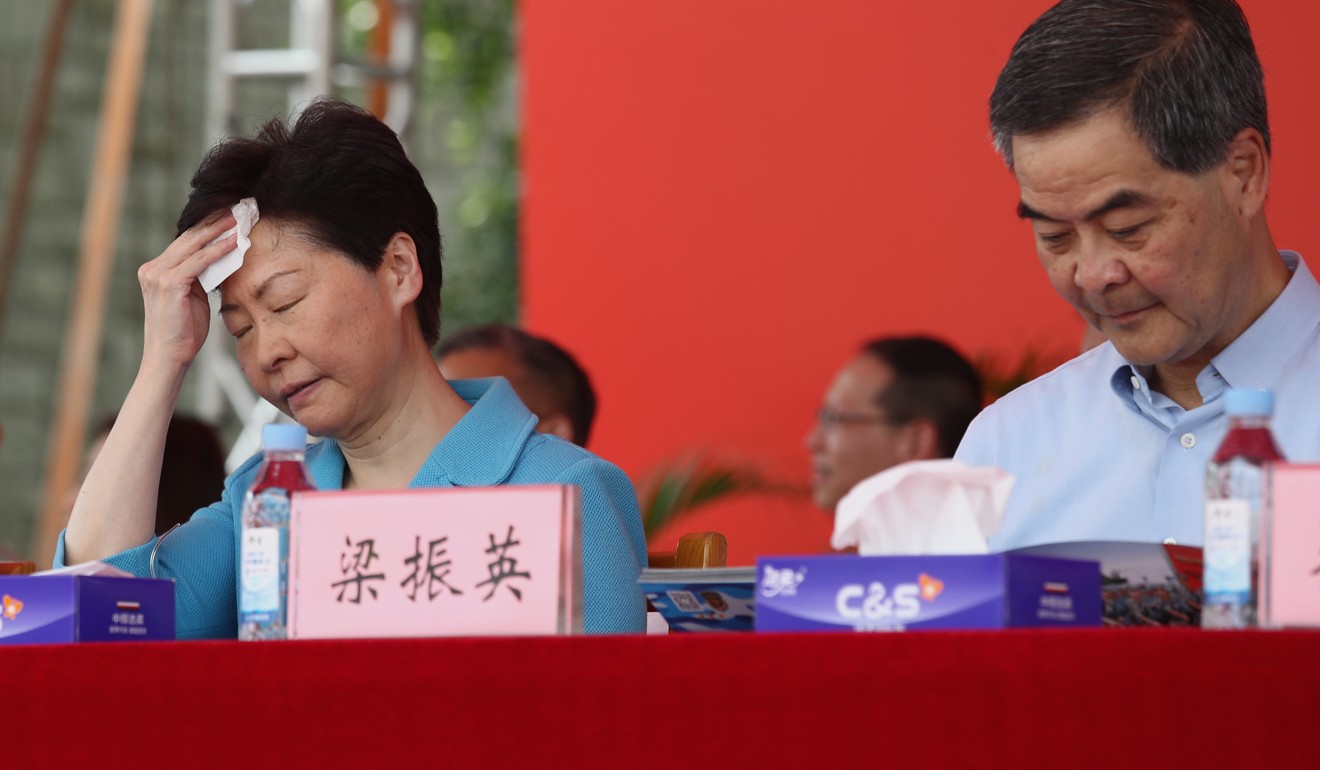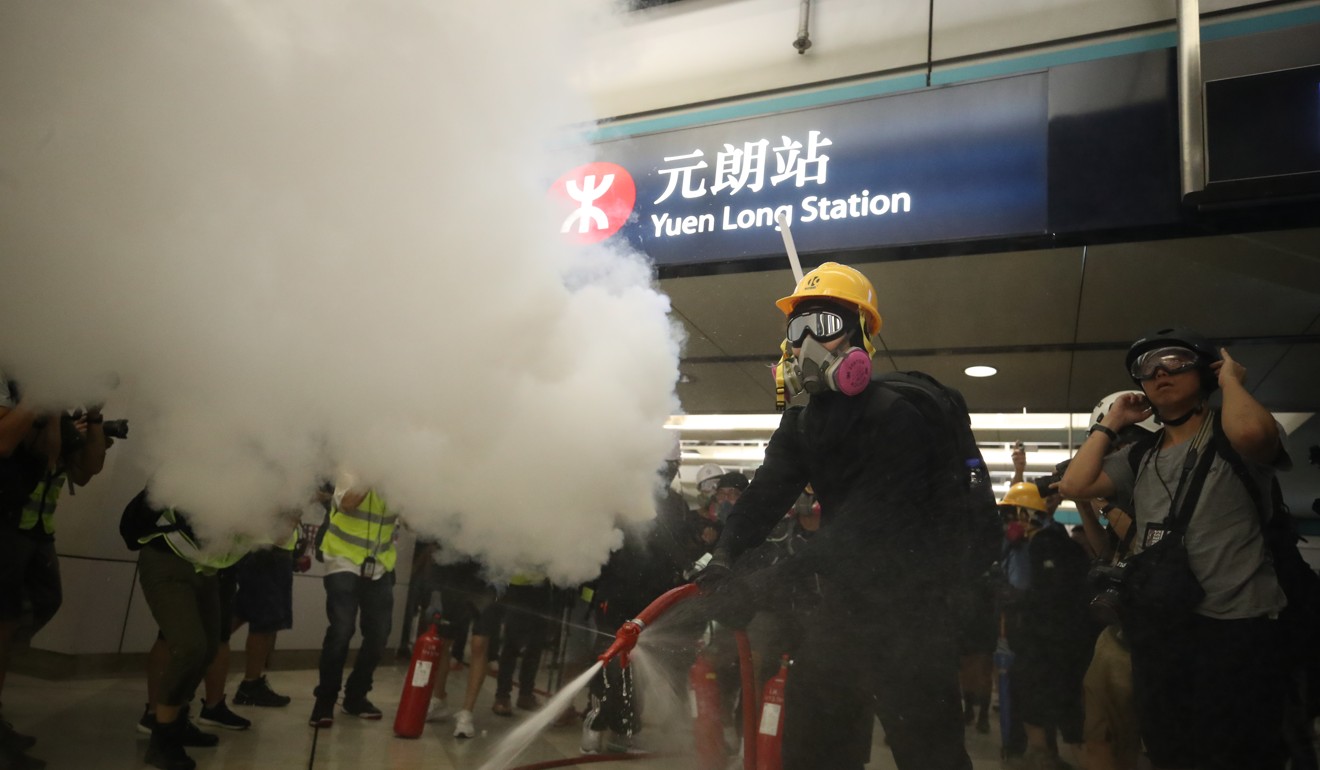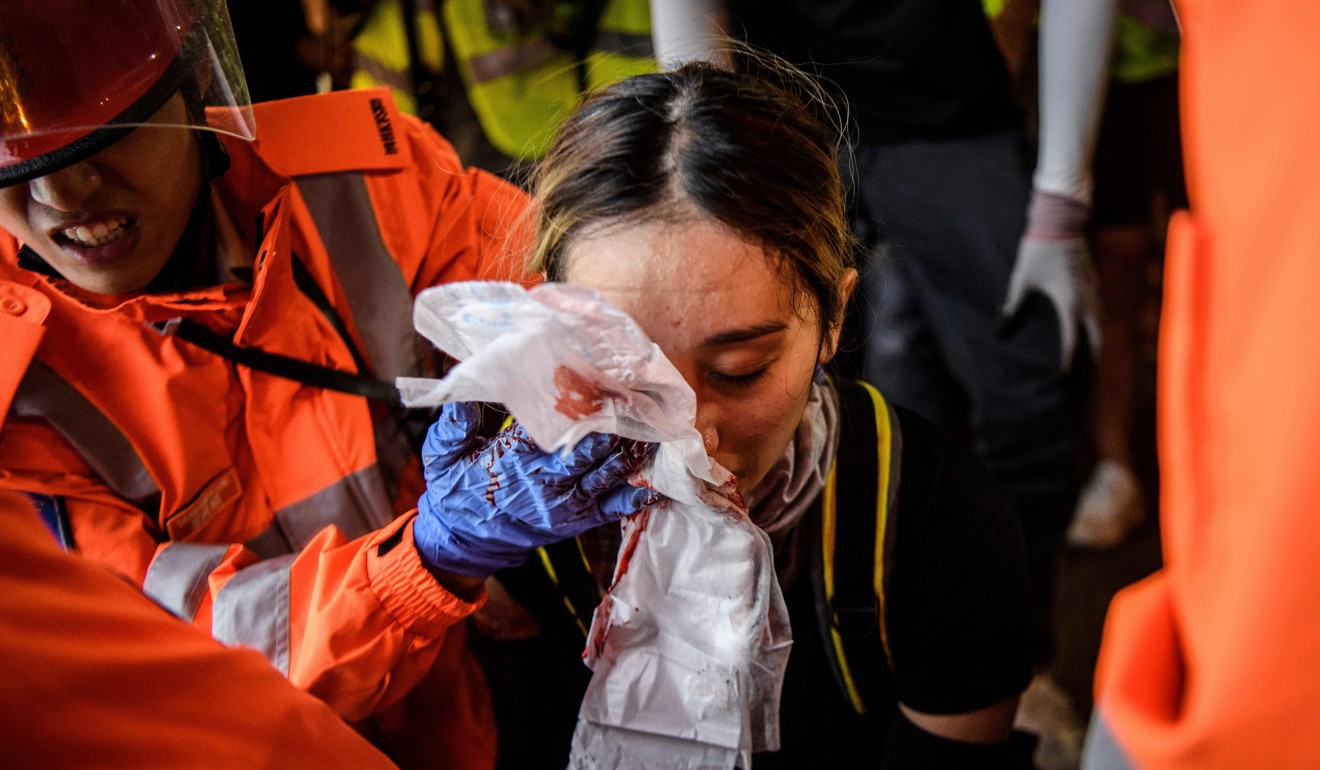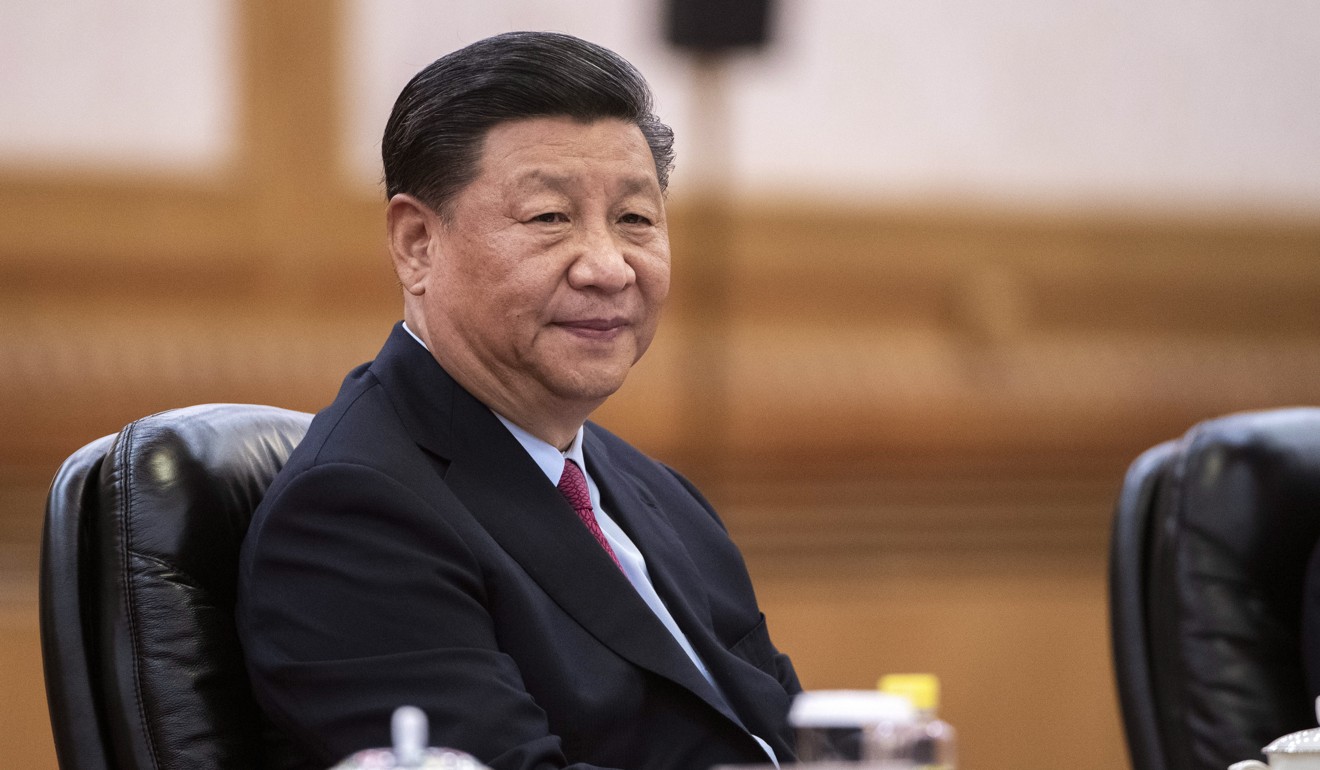
No troops, no concessions, no end in sight for Hong Kong unrest
- Since Sunday’s peaceful rally attended by hundreds of thousands, there has been hope for a break from months of violence
- But with Beijing not likely to meet the protesters’ demands or send in troops, the summer of discontent will roll on

There has been an almost audible sigh of relief in and outside Hong Kong since last Sunday’s peaceful anti-government protest, when hundreds of thousands of demonstrators braved heavy rain.
Hong Kong officials and media commentators have expressed hope that the rally marked a break from more than two months of increasingly violent demonstrations.
But even assuming that future demonstrations will remain peaceful – rallies planned this weekend may be a good indicator – effective measures to calm Hong Kong’s worst political crisis in decades remain elusive, judging by the actions or lack thereof by the local and mainland authorities.
On Tuesday, Hong Kong Chief Executive Carrie Lam Cheng Yuet-ngor responded by promising to “create a platform for dialogue”, but continued to dismiss calls for an independent investigation into police conduct and ruled out a formal withdrawal of the now-defunct extradition bill that sparked the protests.
Those are the relatively easier two of the five key demands from protesters, which include calls for Lam’s resignation, an amnesty for all those arrested during the violent protests, and a resumption of electoral reforms.

If officials in Beijing have felt any relief since Sunday, they have kept it quiet. Meanwhile, Chinese state media has continued its relentless attacks this week on violent protesters and “foreign instigators”, chiefly the United States.
Beijing has also given no signs that it plans to consider the protesters’ five demands, ignoring persistent calls for the Hong Kong government to at least formally withdraw the extradition legislation – widely considered the easiest demand to sooth public anger.
Interviews with two respected legal experts in Hong Kong, published last week in the South China Morning Post, helped to explain the challenges in finding a political solution to the crisis.
Anthony Neoh, a prominent lawyer, became the latest influential person to call for the formal withdrawal of the bill, saying it would be a good start for a political solution.
Neoh, also head of the police watchdog, said that once stability was restored, the government should not rule out an independent commission of inquiry to look into the police’s use of force.

But Beijing officials are more likely to take to heart comments from another Post interview.
Last week, retired top Hong Kong judge Henry Litton said in effect that an independent commission of inquiry into police use of force would be a waste of time because the investigation process would take years and “could never come out with an answer acceptable to anyone”.
Meanwhile, there have been renewed concerns that Beijing may be compelled to take more forceful measures towards Hong Kong.
Stoking concern has been the fact that Beijing is making final preparations to hold elaborate celebrations, including a massive military parade, to mark the 70th anniversary of the People’s Republic on October 1.
The occasion is meant to showcase China’s economic and military strength, and highlight President Xi Jinping’s leadership at a time of profound changes both at home and abroad – namely China’s escalating rivalry with the US.

This has led many people in Hong Kong to believe Beijing may do everything possible to ensure Hong Kong’s turmoil will not mar celebrations and make the Chinese leadership lose face at home and abroad.
Michael Tien Puk-sun, a Hong Kong lawmaker and businessman, reportedly said in a radio interview on Tuesday that early September was rumoured to be the deadline for Beijing, as it would not accept the prospect of hundreds of thousands of protesters taking to the streets, putting world attention on Hong Kong instead of Beijing, on the country’s national day.
He speculated that if the Hong Kong government failed to quell the protests by then, China’s armed police or military forces may intervene. Such concerns are likely to continue to rise as National Day draws nearer.
But it is unlikely that Beijing will do either – agree to withdraw the extradition bill and/or form an inquiry into police use of force, or go in hard with military forces.
On Wednesday, Hu Xijin, the outspoken editor-in-chief of the strident Global Times in Beijing, may have reflected the thinking of Chinese policymakers when he said in a Weibo post that even if Beijing agreed to the formal withdrawal of the bill, protesters were likely to continue pushing for the remaining demands.

He said the protesters’ ultimate goal was to press Beijing for electoral reforms and break free from its controls.
Even more unlikely is that Beijing would resort to military intervention just to save face, not least because the two-month running protests have already made Beijing lose face big time.
Ironically, at a time when Beijing should be working with Hong Kong’s government to find swift and effective measures to tackle the economic inequality that has helped foment the widespread discontent, the Chinese authorities on Sunday instead released a plan to turn neighbouring Shenzhen into a “global benchmark” of innovation, competitiveness and development.
State media made a big deal out of the plan, with the underlying message that if Hong Kong does not dial down the mass protests and join hands with Shenzhen, it risks being sidelined.
Beijing’s plan, which aims to build Shenzhen into “a pilot demonstration area of socialism with Chinese characteristics”, may benefit Hong Kong in the long term. But right now it does not do any good for the city – only adding insult to injury.
With no effective political or economic solutions in sight, Hong Kong’s long summer of discontent is set to roll on. ■